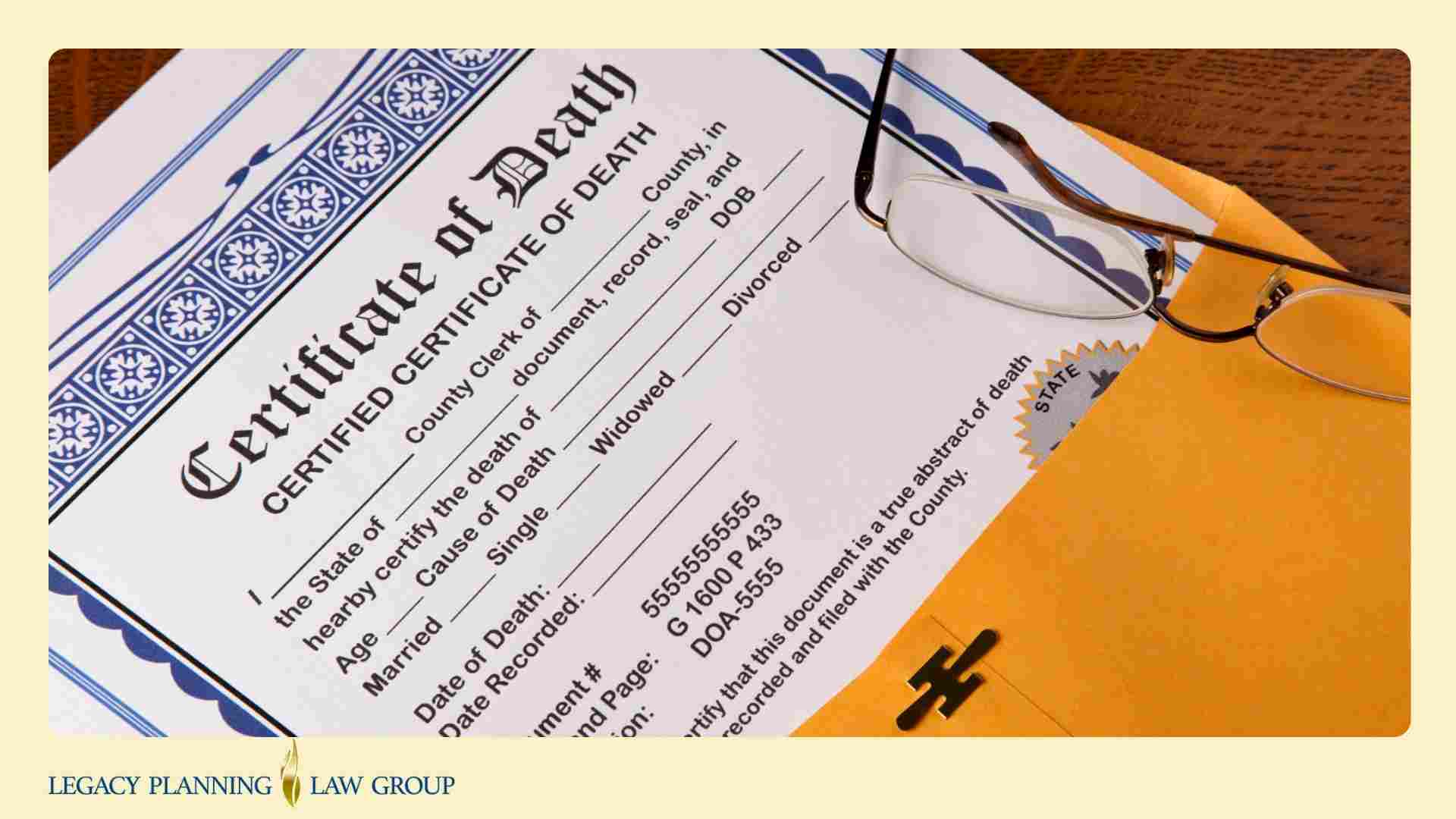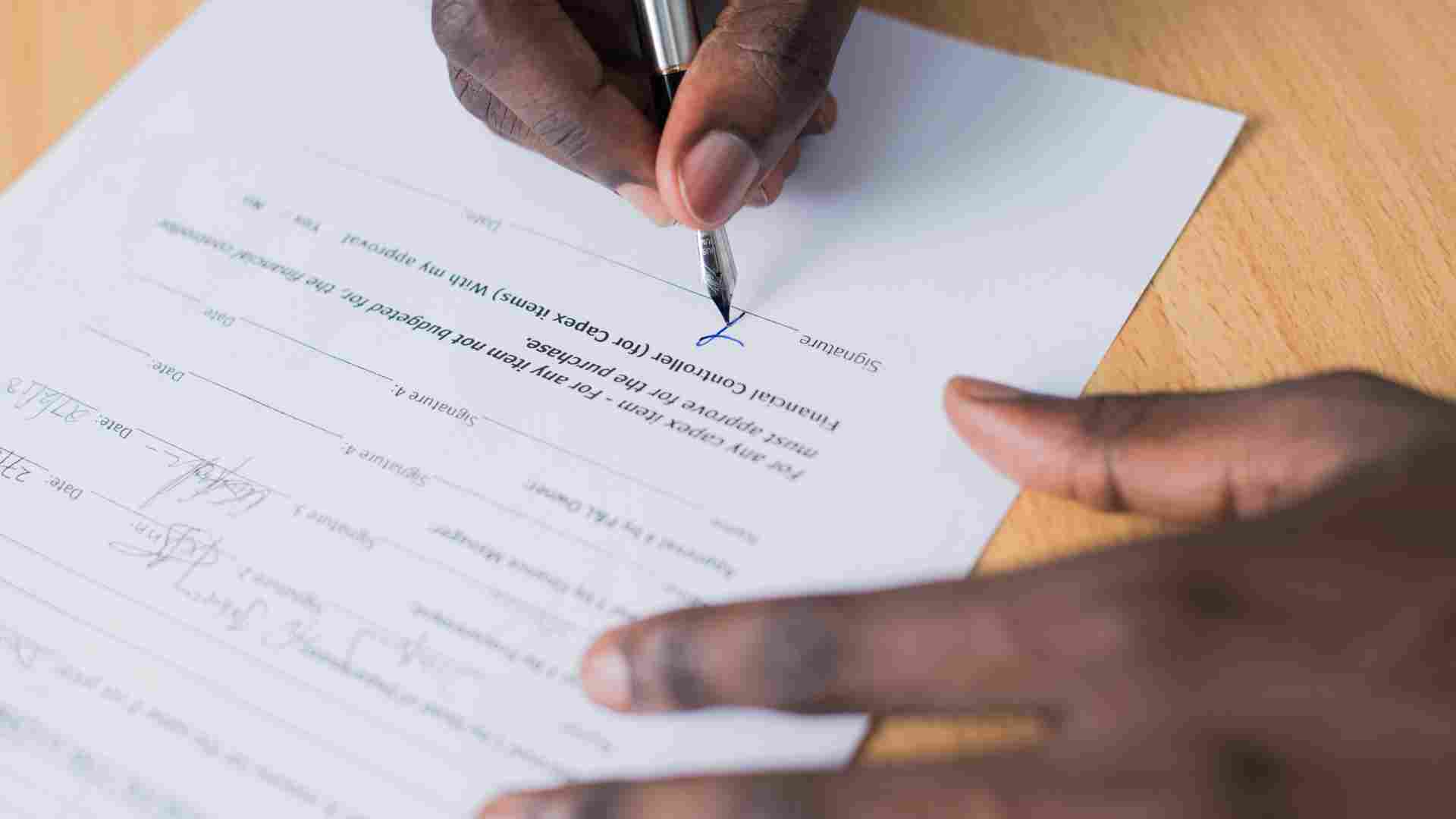After relatives die, the executor has the tedious, messy process of managing what they leave behind. Gain insights into how to best handle your obligations.

Asset distribution is a central task of both “testate” probate and “intestate” probate in Florida. A testate probate is available when someone dies, known as the decedent, and had executed a valid last will and testament. Conversely, an “intestate” probate is the default when the decedent dies without a valid last will and testament.
Probate is the legal process required by the state of Florida when someone passes and leaves an asset or assets not titled to a trust or for which there is no surviving joint owner or no designated beneficiary. Consider such asset or assets “orphaned,” with no living owner. Consequently, probate proceedings are required if the decedent was last a Florida resident to find a new owner for any orphaned assets left behind. Proper estate planning with an experienced attorney ensures your wishes are followed and can avoid the lengthy and costly probate process altogether.
How does “testate” Florida probate work?
First, a petition is filed with the probate court, which reviews the last will and testament to ensure that it is the “last will” and testament and that it satisfies the particulars required under state law to be valid. Once accepted by the court, the court issues “letters” (technically called letters of administration in Florida) to the executor appointed under the last will. This document empowers the executor to begin paying just debts, taxes and expenses of the estate and, ultimately, to distribute and manage assets according to the terms of the last will.
How should one ensure people will find their will?
Many people wonder what you should you do with your will and other estate planning documents once they are executed. In his video, “What Should You Do With Your Estate Planning Documents?,” Jacksonville Estate Planning Attorney Bill O’Leary explains best practices for taking care of your documents.
First, he explains, it’s essential to organize them in one one central, protected location that is both physical and electronic. Second, notify your executor named in the will and any beneficiaries about where to find your estate planning documents so that they can be easily found after your passing. Third, ensure your healthcare directives and power of attorney documents are easily accessible for those appointed to serve as your health care and financial agents in the event of your incapacity. Learn more about caring for your estate planning documents in his video.
What happens to the estate planning documents in the probate process?
Once filed with the probate court, the deceased person’s last will and testament and any related documents become part of the public record. Anyone can request and view these documents, including creditors, salespeople and even thieves. This is why vulnerable surviving spouses are contacted by third parties promoting their professional (and less that professional) services to help with the person’s estate. Scammers also use court documents to identify potential victims.
Probate also requires the executor to notify people who are named in the last will, as well as lawful heirs not named in the last will. Each of these parties is also provided a copy of the last will. Consequently, state probate statutes provide for a period of time for disgruntled heirs to challenge the last will.
What happens if a person does not have a will, but they do have an estate?
Without a last will, “orphaned” assets still require probate before distribution. With no last will appointing an executor chosen by the decedent, the probate court appoints an estate administrator (called a personal representative) to fulfill that function. This person may be a professional administrator who never knew the decedent or the family of the decedent. There is no requirement for the probate court to appoint a family member to serve as the estate administrator.
What procedures and Florida laws does the estate administrator follow for intestate succession?
The administrator of an “intestate” estate has the same responsibilities as the executor in a “testate” estate in managing the estate. However, since the decedent did not create a last will to provide instructions regarding the estate distribution, the intestate estate passes according to state law. In most states, this one-size-fits-all distribution formula is based on the degree of kinship to the decedent. If there is a surviving spouse and no children, then the spouse inherits everything. If there is a surviving spouse and children, then the spouse and children share the inheritance. Read more about this process in our article: All About Probate in Florida
What challenges do families face if someone dies intestate in Florida?
Without a last will, the family has no control over how assets are distributed. A professional administrator will need to be paid for their services. If the estate is small, this will decrease any potential inheritance. A last will is also used to name guardians for minor children. Therefore, if there is no last will and no surviving spouse, minor children will be assigned a foster family until long-term placement can be made.
What if you want to avoid probate over your assets completely?
Consider creating a fully-funded revocable living trust with a trustee of your own choosing to manage the trust assets privately and confidentially for your beneficiaries. An experienced Florida estate planning attorney like Bill O’Leary can help you select the right estate plan for your unique circumstances now and keep it up to date, since changes inevitably occur.
As a Florida probate law firm, Legacy Planning Law Group in Jacksonville is here to assist you in using proactive estate planning to greatly simplify the probate process for your family and loved ones, providing peace of mind for you and your family. Schedule a free discovery call with our team to learn more.



